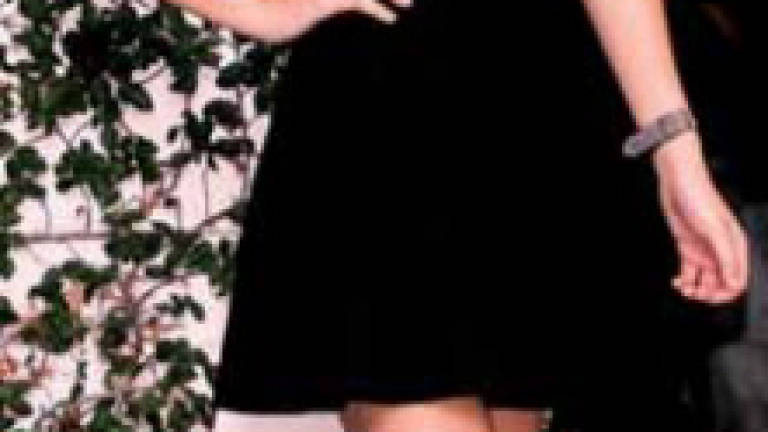From codes to quotes


WHEN Charissa Ong went through a broken relationship two years ago, she did what she could to cope with the pain. While some of us would’ve done crazy things we’d probably regret later on, like getting a pixie cut or maxing out our credit cards, the programmer and graphic designer from Subang Jaya worked on her knack for poetry.
Attracted to the idea of having an Instagram feed with a “hipster aesthetic”, Ong decided to type her original works on her vintage typewriter and publish them on the photo-sharing app. But it turned out that her clever play of words and short, simple sentences were garnering attention, not so much the appearance of her profile, as users around the world started thanking Ong for her words have helped them with their personal pains. Many have also hand-lettered her quotes, transforming them into frame-worthy art.
The encouraging response led her to roll out Midnight Monologues, a self-published compilation of her poetry, which made it to the Bestseller section in MPH bookstores a week after publication! Ong’s dream of pushing her book to international shores was also fulfilled in October when Midnight Monologues sat proudly on the shelves at Frankfurt Book Fair, the world’s largest trade fair for books.
What made you decide to publish your own book?
Publishing the book was for my personal growth because I wanted to see how far I could go, and touching people’s lives is a bonus. I never expected people to relate so much and actually heal with my writing. If it weren’t for the positive comments, I wouldn’t have continued sharing them on Instagram. After I posted them on Instagram, people started asking when my book was coming out! So my current boyfriend asked me to make it my resolution for last year. It’s very ironic because my ex-boyfriend is the one who prompted me to write this, and my boyfriend is the one who asked me to publish it!
Name the toughest part of publishing a book.
Getting rejected by a lot of publishing houses and distributors. A lot of publishers ignored me because they didn’t know me, and I guess they just didn’t take me seriously since I’m young. My mum had to play manager to get things done.
Could you elaborate the themes behind the three chapters in Midnight Monologues?
It’s kind of like a step-by-step coping process that I went through. Lost is when you broke up, and Found is something good that happens after a miserable point of your life. And when that something good happens, I can share the joy with you, which is demonstrated in Hope. That’s when you start thinking about what you can do for other people.
An advice to aspiring writers.
Don’t expect everyone around you to help because the only person who can see your dream is yourself. The only way for you to get help from people is to make them see your dream the way you see it. But until they can see that dream, you have to work hard and show how serious you are so they can visualise it for themselves.
What’s next after Midnight Monologues?
Maybe two years down the road I’m going to publish Daily Dialogues. That’s a more uplifting version compared to this. I only read my poems at night and I never read them in public, so Daily Dialogues would be my finally having the courage to talk to people about my work. It’s reflective of my personal journey and growth.